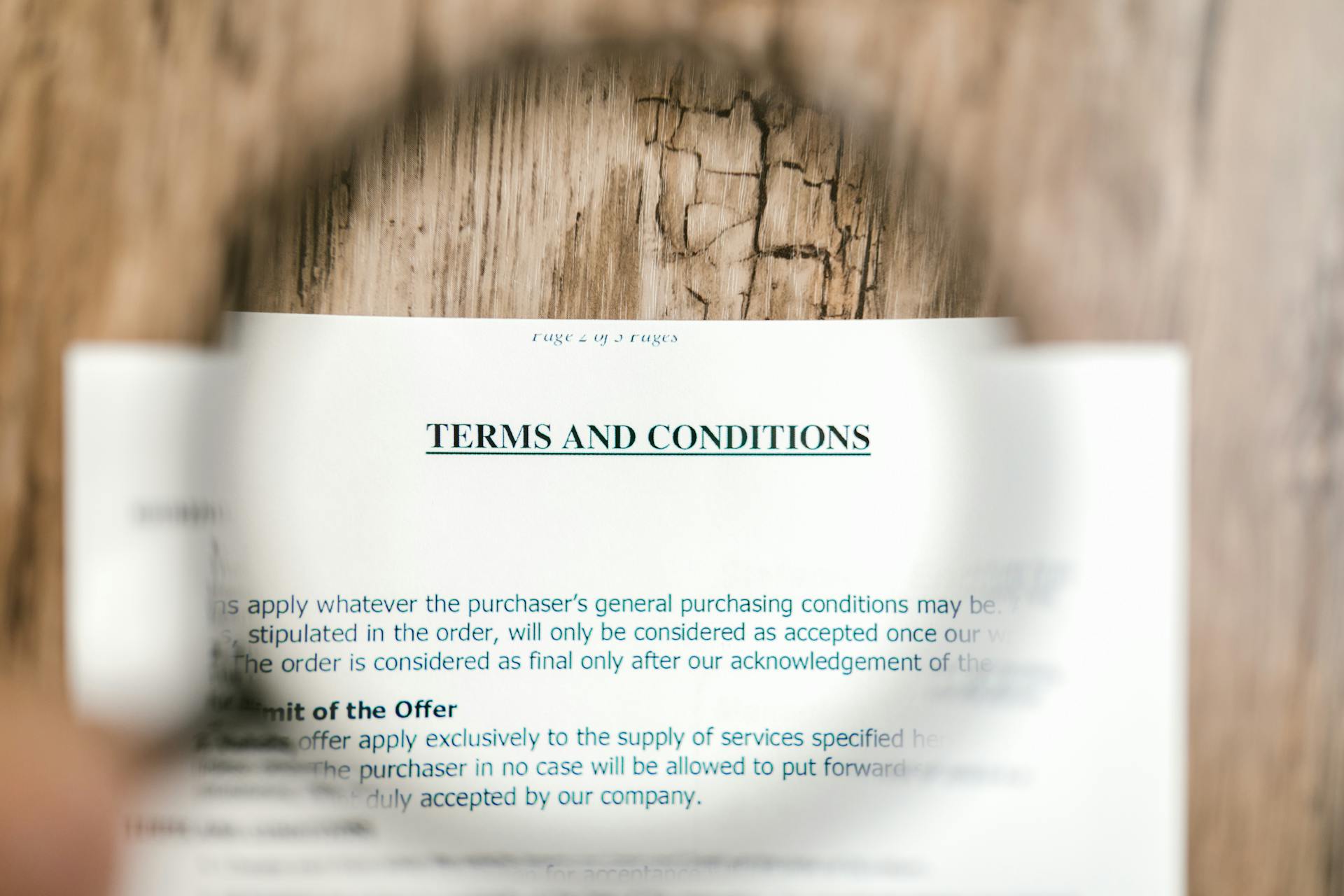WooCommerce, an open-source eCommerce plugin for WordPress, has become a popular choice among online store owners. Its flexibility and ease of use allow users to set up an online store with ease. However, a common question that arises is: Does WooCommerce charge transaction fees? The answer is not straightforward and depends on factors such as your store’s setup and the payment gateways you integrate.
In this blog, we’ll discuss whether WooCommerce itself charges transaction fees, factors that influence these fees, and the broader cost considerations of running a WooCommerce store.

WooCommerce: Free but With Some Associated Costs
WooCommerce does not charge any transaction fees. It’s free to download and use, making it a great option for setting up an online store. However, there are other costs you’ll incur, such as domain registration, hosting, SSL certificates, payment gateways, and optional premium plugins or themes.
Even though WooCommerce doesn’t charge per sale, it’s important to know that transaction fees can still apply, depending on the payment gateways you use to process customer payments.
Also Read: Can’t Type Into Short Description Text Field for WooCommerce Products
Payment Gateways and Their Transaction Fees
To process customer payments, you’ll need to connect your WooCommerce store to a payment gateway. Payment gateways ensure the secure transfer of funds from your customers to your store. While WooCommerce doesn’t impose fees, most gateways such as PayPal, Stripe, and Square do.
- PayPal
PayPal is a popular gateway for WooCommerce. In the U.S., it charges 2.9% + $0.30 per transaction for online payments. Fees for international transactions may vary depending on the country. - Stripe
Stripe charges a similar rate of 2.9% + $0.30 per transaction within the U.S. While Stripe doesn’t charge any setup or monthly fees, extra costs may arise for currency conversion and international payments. - Square
Square charges the same 2.9% + $0.30 per transaction and is highly suitable for omnichannel businesses handling in-person transactions. Like PayPal and Stripe, Square does not charge setup fees but applies transaction charges.
These transaction fees come from the payment gateway, not WooCommerce itself.
WooCommerce Payments: An All-in-One Solution
WooCommerce Payments is an integrated alternative to using third-party gateways like Stripe or PayPal. Powered by Stripe, WooCommerce Payments allows for a seamless checkout experience and lets you manage transactions directly within the WooCommerce dashboard.
Transaction Fees for WooCommerce Payments
WooCommerce Payments follows the same fee structure as Stripe:
U.S. transactions: 2.9% + $0.30 per transaction.
International transactions: 3.9% + $0.30 per transaction.
Currency conversion fee: Additional 1% charge for handling foreign currencies.
There are no setup or monthly fees, but you will still be subject to transaction fees. If you’re selling internationally, be aware that these fees could add up.
Other Costs to Consider When Using WooCommerce
While WooCommerce doesn’t charge transaction fees, other expenses are involved in running an online store.
- Hosting and SSL Certificates
You need web hosting and an SSL certificate for secure transactions. Depending on your provider, these costs can range from $5 to $30 per month. Some hosting plans include free SSL certificates, while others may charge extra. - Extensions and Plugins
WooCommerce provides essential features for free, but depending on your store’s needs, you may need premium plugins or extensions, such as advanced shipping options or subscriptions. These can cost between $50 and several hundred dollars annually. - Themes and Customization
Although WooCommerce works with many WordPress themes, premium WooCommerce-specific themes often offer a better user experience. Prices for premium themes generally range from $50 to $100. - Currency Conversion Fees
For stores that accept international payments, payment gateways often charge an additional fee for currency conversion, which is typically 1% to 2% of the transaction value. - Refund Fees
Some payment gateways retain their transaction fees when processing refunds. While WooCommerce itself doesn’t charge for refunds, the gateway you use might keep the initial transaction fee even if you refund the customer.
Also Read: Can WooCommerce Do a 75 000 ACH Payment?
How to Reduce Transaction Fees
If you’re concerned about transaction fees, there are a few ways to minimize them:
- Select a Low-Fee Payment Gateway
Some payment gateways offer lower fees or special rates for specific businesses. For example, PayPal offers discounted rates for non-profits, and other providers may offer volume-based discounts. - Negotiate Fees with Your Payment Provider
If you have high sales volume, you may be able to negotiate lower fees with your payment provider. Many gateways offer discounts to stores that process a significant number of transactions. - Provide Alternative Payment Methods
Offering payment options such as direct bank transfers or other methods without transaction fees can help reduce your reliance on gateways and save on fees. - Use WooCommerce Payments
WooCommerce Payments offers competitive fees and allows you to manage everything within WooCommerce, making the entire process easier. It’s a convenient choice for those looking for an all-in-one solution.

Final Thoughts on Does WooCommerce Charge Transaction Fees?
In conclusion, WooCommerce itself does not charge any transaction fees for using its platform. However, the payment gateways you integrate with your store—such as PayPal, Stripe, or WooCommerce Payments—do impose fees, typically around 2.9% + $0.30 per transaction.
To manage and reduce transaction fees, consider choosing a low-fee payment gateway, negotiating fees based on your sales volume, or offering alternative payment methods. While WooCommerce is free to use, running an online store comes with associated costs, such as hosting, SSL certificates, and premium features. By carefully selecting your payment solutions and managing your store costs, you can ensure your WooCommerce store remains profitable while keeping transaction fees in check.
Interesting Reads



